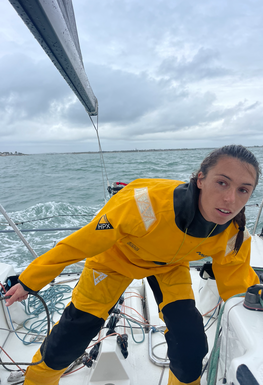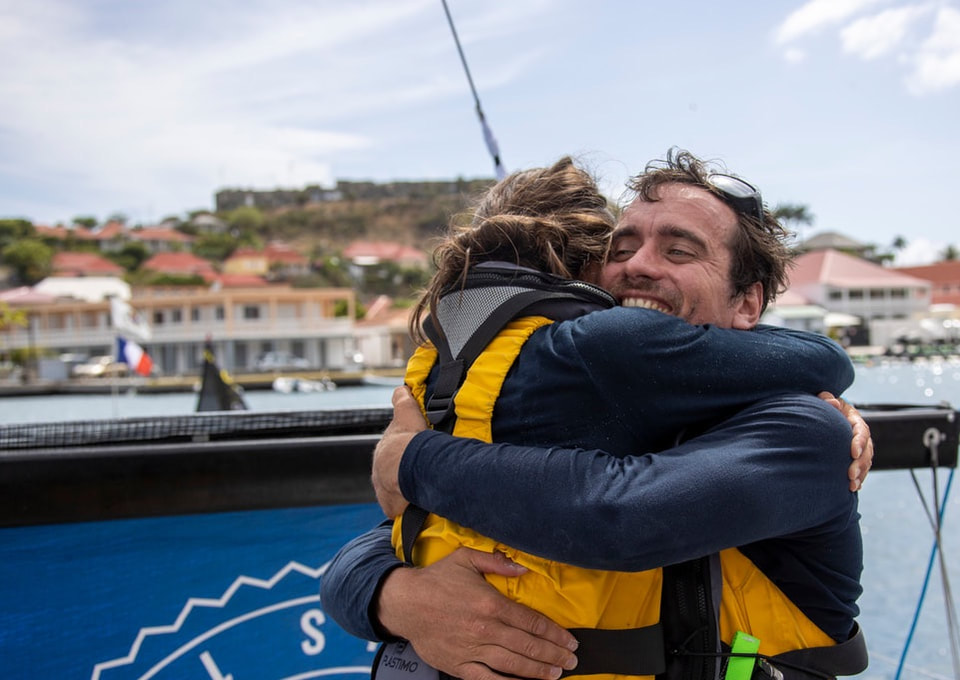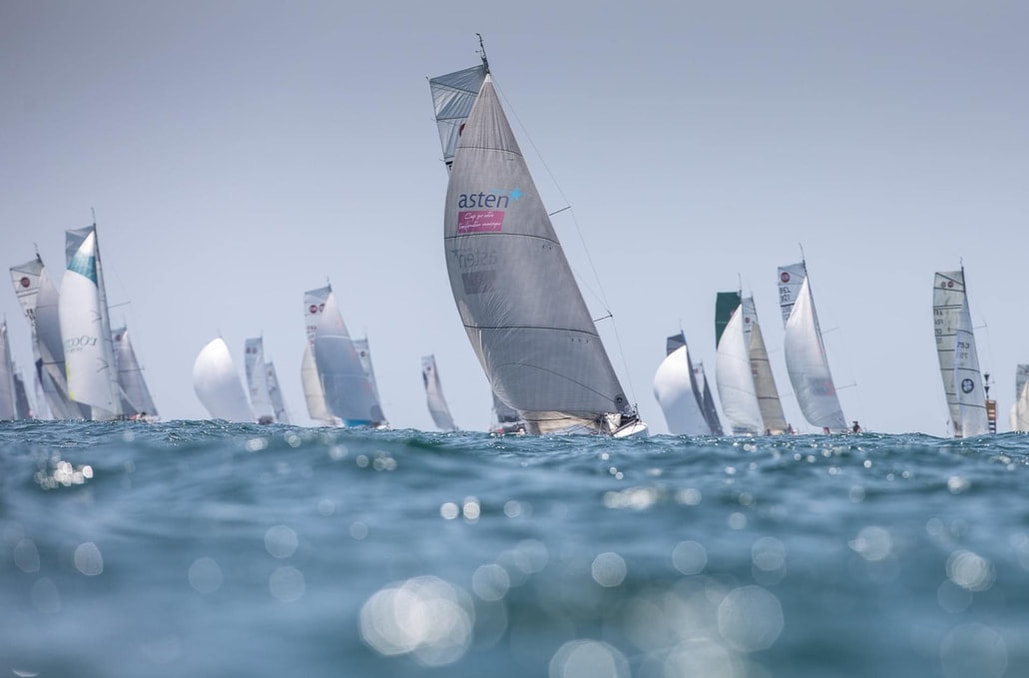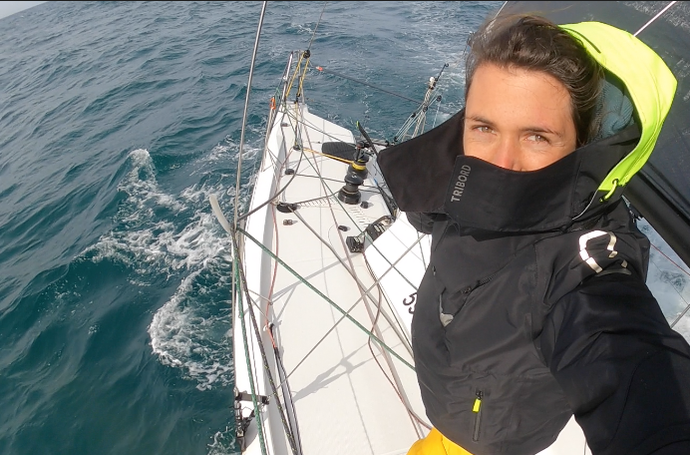episode 19: ALICIA DE PFYFFER, SKIPPER
|
21 March 2024
Photo credits go to Alexis Courcoux and Vincent Olivaud
|
In this episode I talked with Alicia de Pfyffer, Spanish-Swiss skipper about her decade experience sailing super yachts and her transition to offshore racing. She shares with us how "work" is actually an adventure and she finds herself honing her entrepreneurial and project management skills when not on the water. Alicia candidly speaks about the challenges of funding her offshore racing and the bold move she took to start qualifying for the Mini Transat 2025. And Alicia has some great advice for girls and women who want to get into sailing.
|



